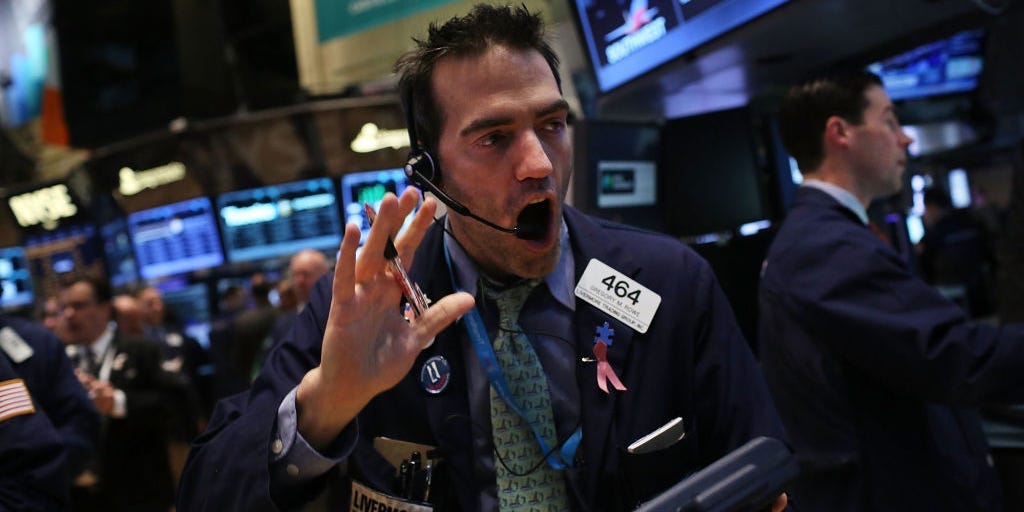
- US stocks looked set to open lower on Thursday as investors digested Jerome Powell's comments.
- The Fed chair presented a dovish testimony to Congress and suggested inflationary pressure won't last.
- China's second-quarter GDP rose 7.9%, slightly missing economist forecasts for an 8% increase.
- Sign up here for our daily newsletter, 10 Things Before the Opening Bell.
Global stocks whipsawed on Thursday after Fed Chairman Jerome Powell said he sees much of the inflationary pressures as transitory, and indicated the shift to tightening monetary policy won't take place anytime soon.
Futures on the Dow Jones, S&P 500, and Nasdaq fell 0.2%, suggesting a lower start to trading later in the day.
In his congressional testimony on Wednesday, Powell said the recent inflation data so far has been higher than expected or hoped for, but is linked to a "small group of goods and services directly tied to the reopening."
He cited the price of lumber, now trading at 8-month lows after rallying 275% since May 2020, as an example of many of the transitory factors.
US 10-year Treasury yields were last down 3.5 basis points at 1.314%, with lower real rates and inflation expectations contributing to the decline, Deutsche Bank analysts said.
Elsewhere in Europe, equities traded lower as investors digested Powell's comments and awaited more earnings releases.
The UK unemployment rate rose to 4.8% in the three months to May, from 4.7% in the three months to April, but was down from 5% in the previous quarter. UK markets showed little reaction to the data.
But COVID-sensitive stocks are one area that continue to struggle as investors assess the global spread of the delta variant, with the STOXX 600 travel and leisure index falling a further 0.9% for a third consecutive monthly decline.
London's FTSE 100 was about flat, the Euro Stoxx 50 fell 0.3%, and Frankfurt's DAX fell 0.5%.
Asian markets were mostly higher after China posted growth of 7.9% in the second quarter, slightly missing economists' expectations for an 8% increase. But other data for June surprised to the upside, with retail sales coming in at a year-on-year growth rate of 12.1%, compared to the expected 10.8%.
The Shanghai Composite rose 1%, Hong Kong's Hang Seng rose 0.8%, while Tokyo's Nikkei fell 1%.
Oil prices fell after the United Arab Emirates and Saudi Arabia reached a compromise on production, with the former said to have secured a higher baseline for its crude output. The threat of weaker OPEC+ cohesion and higher than anticipated production will cap oil price gains for now, Jeffrey Halley a senior market analyst at OANDA, said.
Brent crude fell 1.47%, to $73.66 a barrel, and West Texas Intermediate fell 1.7%, to $71.84 a barrel.